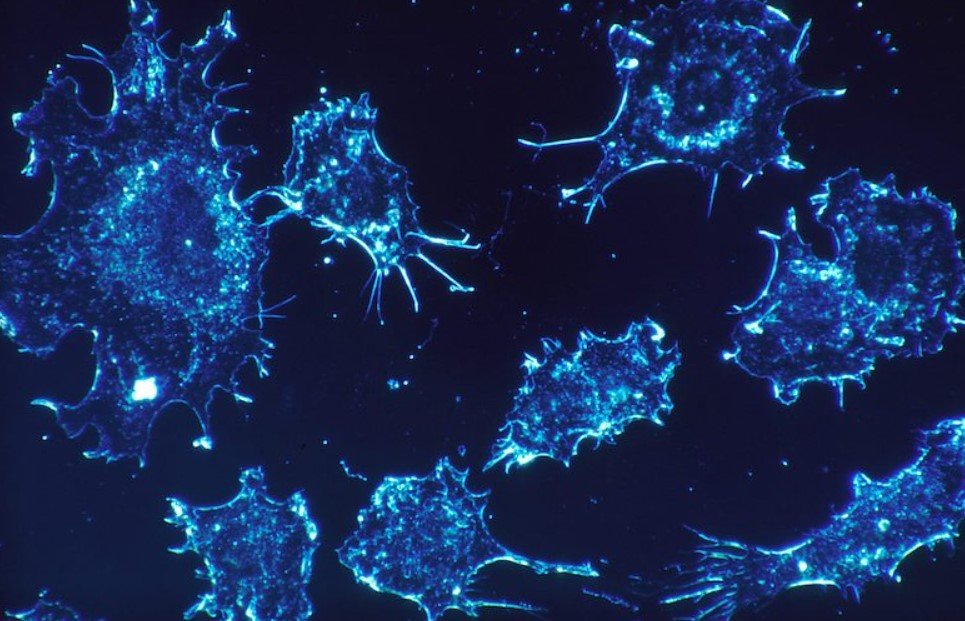India’s oncology sector is witnessing a surge of innovation and global impact, despite facing funding challenges in recent years. A report by Tracxn reveals the trends and opportunities in the oncology space, which is transforming cancer treatment methods with AI, robotics and genome sequencing.
India’s Oncology Startups: A Snapshot
According to the report, there are 94 oncology startups in India, out of which 55 have secured funding. The total funding amount for Indian oncology startups is $85.7 million, which is a fraction of the global funding of $424 million in 2024. Bengaluru is the leading city in India for oncology startups, with 20 companies and $40.1 million in funding.
The report also identifies the key players and segments in the Indian oncology sector. The most funded startup is Perfint Healthcare, which develops robotic systems for image-guided interventions in oncology. The second and third most funded startups are Immuneel and Zumutor, which focus on developing novel immunotherapies for cancer. The most funded segment is oncology drugs, which accounts for $27.1 million in funding, followed by oncology diagnostics, which accounts for $24.9 million.

India’s Oncology Sector: Challenges and Opportunities
The report notes that the Indian oncology sector has faced a decline in funding in the past few years, mirroring the global trend. The funding for oncology startups in India fell from $17.6 million in 2019 to $9.7 million in 2023, which is the lowest in the past five years. The report attributes this to the high risk and uncertainty involved in oncology research and development, as well as the regulatory and market barriers.
However, the report also highlights the opportunities and potential for the Indian oncology sector, which is driven by innovation and collaboration. The report states that the Indian oncology sector is at the forefront of redefining cancer treatment methodologies with advancements in AI, robotics and genome sequencing. These technologies can enable more accurate diagnosis, personalized treatment, and improved outcomes for cancer patients.
The report also mentions the global impact of the Indian oncology sector, which has attracted partnerships and investments from leading players in the industry. For instance, Immuneel has collaborated with Bristol Myers Squibb to develop CAR-T cell therapy for blood cancers. Cellogen Therapeutics has partnered with Merck to develop a biosimilar of Keytruda, a blockbuster immunotherapy drug. OncoStem Diagnostics has received CE Mark approval for its breast cancer recurrence test, which can help reduce over-treatment and save costs.
India’s Oncology Sector: The Future Outlook
The report concludes that the Indian oncology sector is thriving with innovation and resilience, despite the funding challenges. The report predicts that the oncology sector will continue to grow and evolve, with more startups emerging and more funding opportunities arising. The report also suggests that the oncology sector will benefit from the increased awareness and demand for cancer care in India, as well as the supportive policies and initiatives by the government and other stakeholders.
The report states that the Indian oncology sector is poised to make a significant contribution to the global fight against cancer, by offering novel and affordable solutions that can improve the quality of life and survival of cancer patients.










